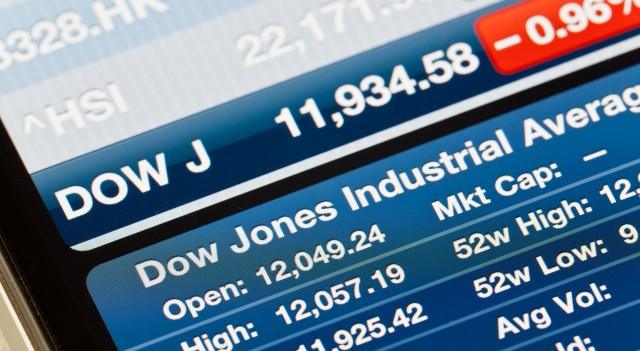U.S. stock index futures signaled a muted open on Tuesday, with traders showing little appetite for big moves as they waited for comments from Federal Reserve Chair Jerome Powell later in the day.
Powell is set to deliver a speech on the economy at the Greater Providence Chamber of Commerce’s 2025 Economic Outlook Luncheon. His appearance comes less than a week after the Fed cut interest rates by 25 basis points, a move Powell described as a “risk management cut” in light of emerging labor market weakness.
Markets widely expect the central bank to follow up with additional quarter-point cuts at its October and December meetings. Investors will be parsing Powell’s remarks for clues on whether that trajectory could shift, particularly ahead of Friday’s consumer price inflation report, a key data point for the Fed.
On Monday, Wall Street extended its recent rally, recovering from early losses driven by profit-taking. The Nasdaq led the way, climbing 157.50 points, or 0.7%, to a record close of 22,788.98. The S&P 500 advanced 29.39 points, or 0.4%, to 6,693.75, while the Dow added 66.27 points, or 0.1%, to finish at 46,381.54.
Optimism over future Fed easing helped offset early selling pressure, with traders betting that looser policy will continue to underpin market strength. The Commerce Department is due later this week to release the Fed’s preferred inflation gauge, which could further shape expectations.
Several Fed officials, including Powell, are scheduled to speak in the coming days, adding to the market’s focus on monetary policy signals.
Meanwhile, geopolitical and policy news had limited impact on trading. Investors brushed aside President Donald Trump’s proclamation restricting entry of certain H-1B visa applicants, who will now be required to pay a $100,000 fee. The White House said the move is intended to “curb abuses that displace U.S. workers and undermine national security.”
In sector moves, gold stocks surged as bullion prices hit a new all-time high. The NYSE Arca Gold Bugs Index jumped 3%, closing at its strongest level in more than 13 years. Technology shares also performed well, with gains in computer hardware and semiconductor names boosting the Nasdaq. In contrast, housing stocks lagged, dragging the Philadelphia Housing Sector Index down 1.5% to a one-month low.
This content is for informational purposes only and does not constitute financial, investment, or other professional advice. It should not be considered a recommendation to buy or sell any securities or financial instruments. All investments involve risk, including the potential loss of principal. Past performance is not indicative of future results. You should conduct your own research and consult with a qualified financial advisor before making any investment decisions.
